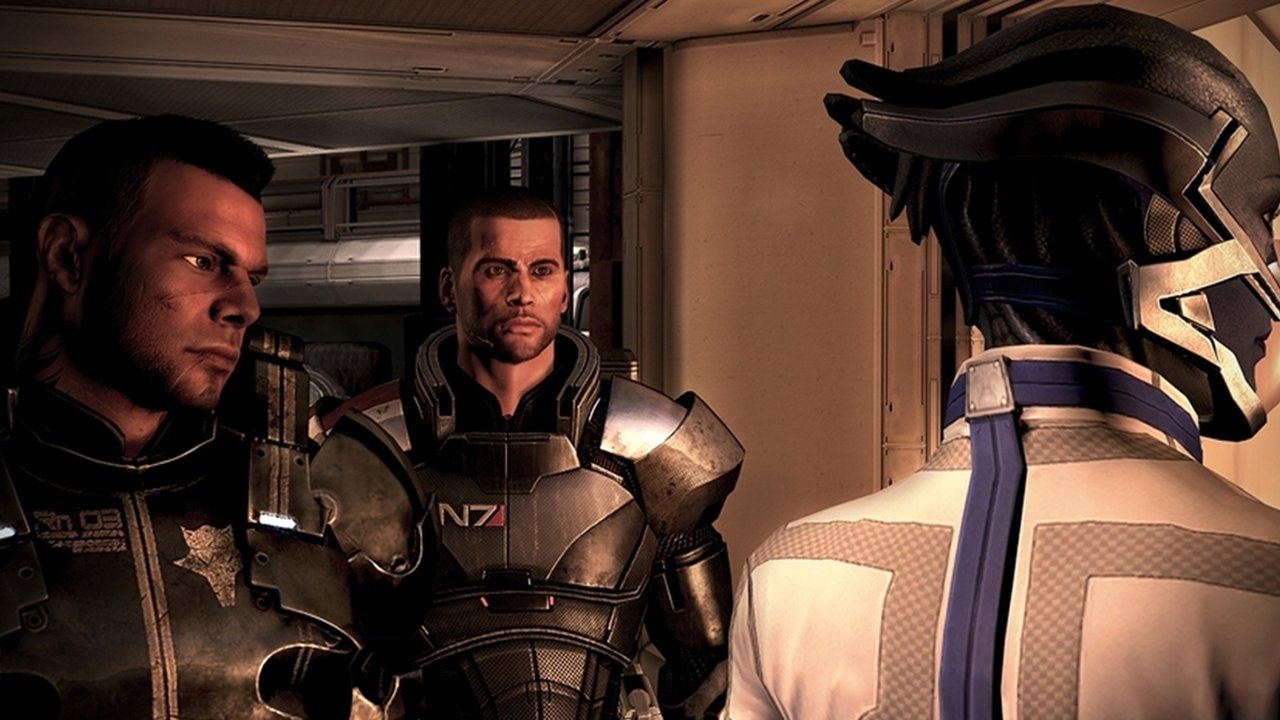A good story has to weigh each of its elements equally: for all the power a strong opening or climax may have, their impact may be drastically reduced without an equally powerful conclusion. Most forms of entertainment understand this and shape their narrative appropriately, but videogames, while occasionally having very good storylines, often seem to forget just how important crafting a satisfying ending is.
I started thinking about this topic after finishing Mass Effect 3, the final (I hope!) chapter in Bioware’s sprawling sci-fi trilogy.
I was excited to see something that had launched petitions, misguided legal action and general online whinging throughout the last month and, surprisingly, thought the ending was pretty great — aside from the lack of proper closure.
*** Mass Effect 3 spoilers below ***
I don’t mean closure in the sense that many of those who are outraged by the series’ finale do, though. Unlike many others, by the time the credits had started rolling I didn’t feel like I missed out on seeing what Commander Shepard’s various allies were up to in the moments before and after the conversation with the Catalyst’s AI boy projection thing. No, the ultimate fate of the Normandy’s crew seemed pretty cut and dry to me. They either survived and continued on with the lives they had previously discussed at length with Shepard or they died and that was that.
The only aspect of Mass Effect 3’s ending that bothered me was that it simply stopped, the narrative momentum feeling a bit like a bullet train abruptly ending a burst of speed by smacking into a steel wall. Because the latest Mass Effect was the end of a trilogy, it hit the ground running during its opening and never seemed to stop. The second entry to the series set the stage well enough that its sequel was able to offer something much like a 30 hour climax. Nearly every narrative detail takes place within the grandest context possible — the fate of all organic life in the universe — and, because of this, all of the player’s missions and decisions serve to amplify the already high tension established by the ongoing war against the Reapers.
After carrying on in this way for so many dozens of hours, simply stopping ten or fifteen minutes after the peak point of the battle in London is far too abrupt. I liked the way the story details play out, but everything simply felt rushed. Such a lengthy series of games could have benefitted from a finale that wasn’t afraid to take the time to explain itself better.
Some authors have the horrible tendency to do something much like this, carefully establishing the pace of their writing throughout the bulk of their book then sprinting to the finish line in the last 50 pages. This is understandable because completing something as substantial as a novel involves incredible excitement by the time it’s coming to a close. The onus, in many cases, is on an author’s editor(s) to help address this kind of issue. Game development, despite appearing to be a more systematic process that involves a large number of creators all offering their input before their work is released, often suffers a similar problem. Why, after the player has invested somewhere in the ballpark of 100 hours taking part in a narrative spread out over a trilogy of games, didn’t the writers at Bioware see the value in taking just a bit more time providing a quality conclusion? Even something as simple as forcing the player to spend a bit more time exploring the Catalyst would have helped to address this problem.
Though I wouldn’t advocate the extreme length of its ending, Metal Gear Solid 4: Guns of the Patriots at least understood that ending a massive series of games required a suitable finale. Much like Mass Effect 3, Metal Gear Solid 4 benefitted from being a game where the dramatic stakes had already been made exceptionally high through previous entries. It uses this sense of narrative urgency better, though, by understanding that, once you’ve invested an audience so deeply in your cast of characters and the events of your storyline, it’s essential that you see them off with the same expository speed as the rest of your game.
Of course Metal Gear Solid 4’s ending has its own distinct set of problems that would require a whole other column to discuss. Despite this, the basic principle understood by its developers is important to note. If Bioware had finished their enormous series of games with a less abrupt ending, it may have helped ward off some of the detractors and allowed its fascinating conclusion to resolve itself in a much better way.
***
Reid McCarter is a writer, editor and musician living and working in Toronto. He has written for sites and magazines including Kill Screen, The Escapist and C&G Magazine. He founded, writes and edits the videogame blog digitallovechild.com and is Twitter-ready @reidmccarter.




